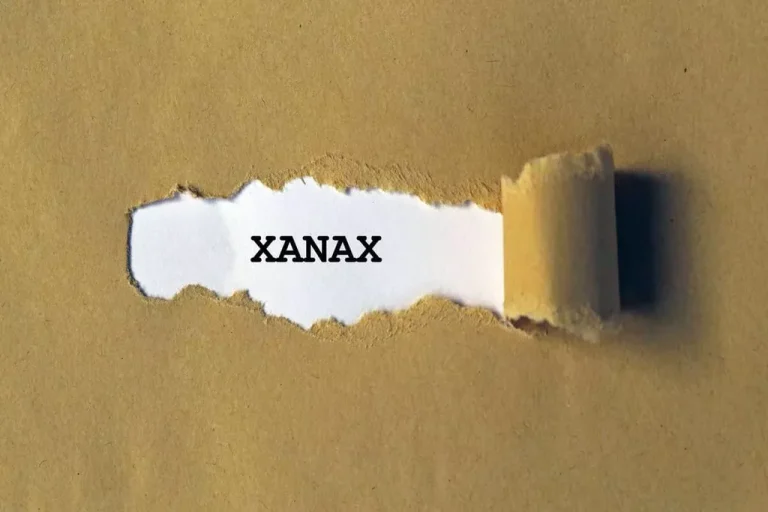
People can openly share their thoughts and feelings, reduce self-stigma and shame, and help each other process and grow from difficult experiences or emotions. Group therapy in addiction treatment consists of three or more people, led by a licensed therapist, working together through issues related to addiction using behavioral therapy. Once the escalated client exits the room, acknowledge what happened and let the group know you intend to follow up what are some ideas for substance abuse group activities? with that person. If a group member wants to talk about it, ask them to limit their share to how it made them feel, but stress that it’s not okay to talk about an absent group member. (“How would you feel if we talked about you when you weren’t here?”) Strongly suggest that they wait until the person returns (and is open) to have a group discussion (if appropriate). Group therapy is an evidence-based treatment for substance use and mental disorders.
Engaging Group Therapy Topics and Activities for Substance Abuse
For this reason, learning to resolve conflict in healthy ways is essential to the recovery journey. These activities are just a starting point, and facilitators can adapt and expand upon them to suit the specific needs and goals of the group. The key is to create a safe and supportive environment that encourages active participation and personal growth. By providing a safe and confidential space, group therapy allows participants to communicate their thoughts and feelings, connect with others, and gain a deeper understanding of their behaviors and addiction.
Group Therapy: A Comprehensive Resource Guide

These treatments consider the chronic nature of addiction, emphasizing the need for ongoing care and support. However, taking a moment to stop and focus on the present can be extremely beneficial. As a result, practicing mindfulness is common in substance abuse group therapy.
- This article will focus predominantly on the specifics, focusing on intake forms, policy documents, and ideas for particular group activities that meet a range of different psychoeducational goals.
- We will also look at two more examples and ideas for session plans in the sections that follow.
- The results showed a mainly neutral-to-positive view of these medications.
- Join more than 10,000 mental health professionals around the world that trust TherapyByPro for tools, forms, and worksheets to streamline their practices and help clients live their best lives.
Top-Rated Positive Psychology Exercises for Practitioners

There are a range of benefits of group therapy over other modes of treatment in the context of substance abuse (Flores & Georgi, 2005). In the pictured example, the therapist used Quenza to develop these agreement documents digitally. The therapist distributed the documents to the Quenza accounts of prospective group participants via a single ‘activity’ so that clients can read and digitally sign them. An informed consent document enables the therapist to educate potential participants about the risks, benefits, and alternatives of the group therapy intervention (Shah, Thornton, Turrin, & Hipskind, 2020). This document should elaborate on the group rules and include a space for the client to sign to indicate their agreement. This article will focus predominantly on the specifics, focusing on intake forms, policy documents, and ideas for particular group activities that meet a range of different psychoeducational goals.
- It is a wonderfully unique experience in that every group and session is different and dynamic.
- In group therapy, participants have a safe space to engage with others, share their experiences, and practice different methods of communication.
- A list with links to online grief support groups, forums, and communities.
- Most addiction treatment centers, from smaller outpatient facilities to comprehensive centers with residential options, offer some form of group therapy or peer support.
- Addiction recovery group topics and sessions are generally led by licensed therapists who prompt and guide discussion and encourage individuals to participate.
Substance Use Group Therapy Activities
This statistic highlights the persistent nature of addiction as a chronic condition. Group therapy can address this issue by focusing on communication skills. Topics include active listening, assertiveness, conflict resolution, and rebuilding trust. Improved communication can help https://ecosoberhouse.com/article/how-to-cope-with-loneliness-during-addiction-recovery/ individuals mend relationships damaged by addiction. Topics may include identifying warning signs, seeking help during a crisis, and developing a strong support system. More information is below about understanding relapse and preventing relapse after substance abuse treatment.
For example, intensive outpatient treatment may require meeting twice a week, while inpatient programs may offer daily sessions. Our caring admissions navigators are available 24/7 to answer your questions about what to expect at rehab, levels of addiction treatment, and how to start the rehab admissions process. Therapists who run these groups are very resourceful and in order to keep the process relatively fresh introduce different activities and topics continually.
Narrative group therapy is an existential approach to therapy and allows clients to take ownership of their story by sharing it and rewriting it (Clark, 2014). The activities should reflect the goals and composition of group members as well as the theoretical approach used by the group leader or therapist. Enhance wellbeing with these free, science-based exercises that draw on the latest insights from positive psychology. Pratt (1907) believed that the emotional connection and support led to increased hope and physical improvement.
A 3-page handout for group facilitators with strategies for managing resistance, disruptive behaviors, and a lack of engagement in group therapy. Participants may recognize positive aspects of themselves in another person, and sometimes it is easier to show appreciation toward proxies for the self before extending that appreciation to ourselves. Psychoeducation groups can be an effective environment in which to explore themes around self-appreciation and gratitude. Let’s now look at two more examples of plans you could use for your group sessions, all of which draw on ready-to-use templates available through Quenza. There are many ways you can structure your group psychoeducation sessions to facilitate learning and reflection.
